The Elder Scrolls has been around for nearly three decades, and it doesn’t look like the franchise is dying anytime. There have been some heavy-hitting entries, like Skyrim and Morrowind. Even ESO has a solid footing in the series. All have one thing in come: an immersive, fantasy world where you’re given the tools to roleplay how you see fit. That’s not to say all of the entries were good, so follow along with us as we rank every Elder Scrolls game from worst to best.
8. An Elder Scrolls Legend: Battlespire
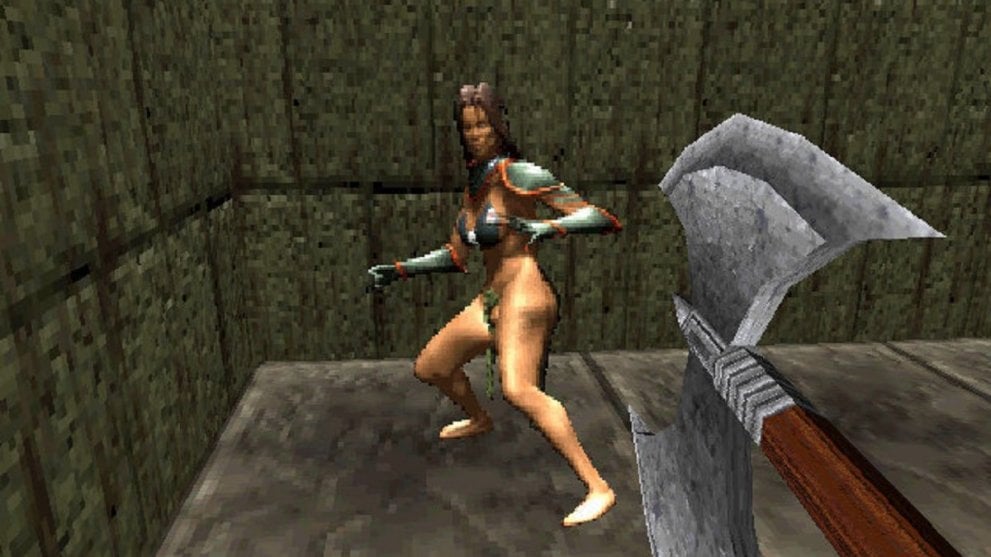
Despite coming after Arena, Battlespire does very little to build upon its predecessors. Where Arena was large in scope, Battlespire is more akin to Redguard in that it’s linear as hell. Gone are vast caves, wonders to discover, and a large world to explore, and instead were replaced by a seven-level dungeon. It’s a blip in comparison.
What makes matters worse is Battlespire’s lack of redeeming qualities. Class creation is just as deep as Arena, but why? You don’t level up, though your skills do improve. That’s fine, but the problem is that if you aren’t aware of how each skill gels with others, you can easily brick your character before you even start. You’re better off looking up builds beforehand if you hope to make it through the game.
All could be forgiven if the story and questlines were up to snuff, but they weren’t. Sure, you got to go up against the God of Destruction himself, Mehrunes Dagon, one of the powerful Daedric princes who influences Tamriel, but even that couldn’t save this mess of a game. It is one of the most closed off entries in the entire series, riddled with glitches, and far from being the large adventure that The Elder Scrolls brings to mind.
7. The Elder Scrolls Adventures: Redguard
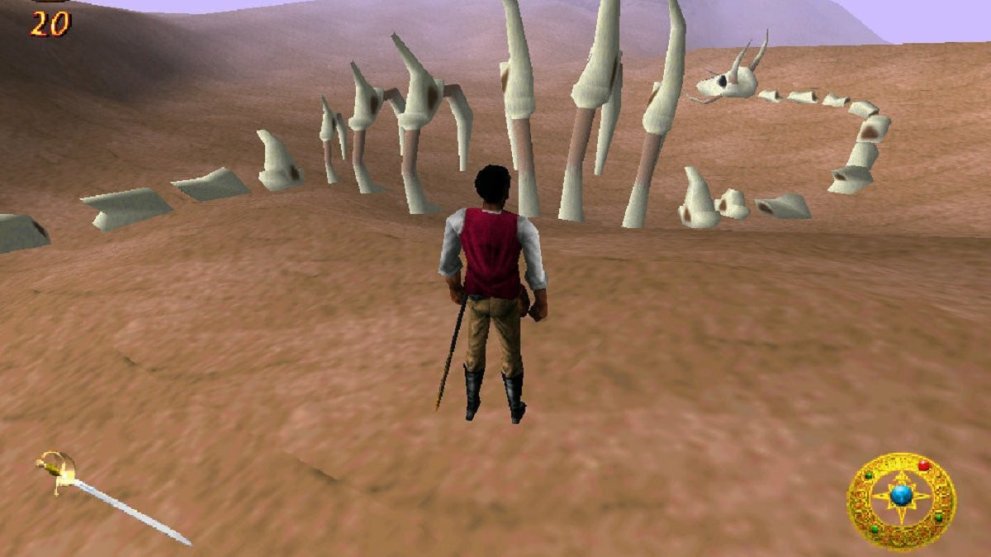
Honestly, Redguard doesn’t fare much better than Battlespire, but at the very least it gets credit for being a far more cohesive experience. It’s an oddball for sure, as it’s essentially Tomb Raider with a coat of Elder Scrolls paint. All manner of RPG elements were dropped for a straightforward action-adventure that’s agonizingly slow.
With that said, I don’t have nearly as much to rag on Redguard as I do Battlespire. Where Battlespire felt like a massive fumble, Redguard is more of a bunt. Bethesda tried something new and it didn’t quite work. It’s slow, combat is awkward, and the platforming is frustrating. It wasn’t fun in Tomb Raider, why would it be fun here?
Looking past that, Redguard is genuinely good at worldbuilding, and the main story is, at the very least, serviceable. It’s also fully voiced, which was huge for the time, and the voice acting is almost cheesy enough to be charming. I said “almost.” If you give Redguard a try, do it for worldbuilding, not for its gameplay.
6. The Elder Scrolls Arena

Arena is the beginning of a dynasty that would take the RPG world by storm. This ambitious title boasted a large world with quests and mysteries hidden for players to discover. Numerous dungeons were filled with threats, glory, and, most importantly, loot. The play space was impossibly large but the developers managed to fill it so you were never left with nothing to do.
Of course, the game didn’t age all that well, but it gave us a glimpse of the greatness that would eventually become synonymous with The Elder Scrolls. Not everything was perfectly in place, and it would take nearly a decade before things really started to come together, but none of that would’ve been possible if it wasn’t for Arena inspiring awe in those of us that just wanted a fantasy adventure.
5. The Elder Scrolls II: Daggerfall
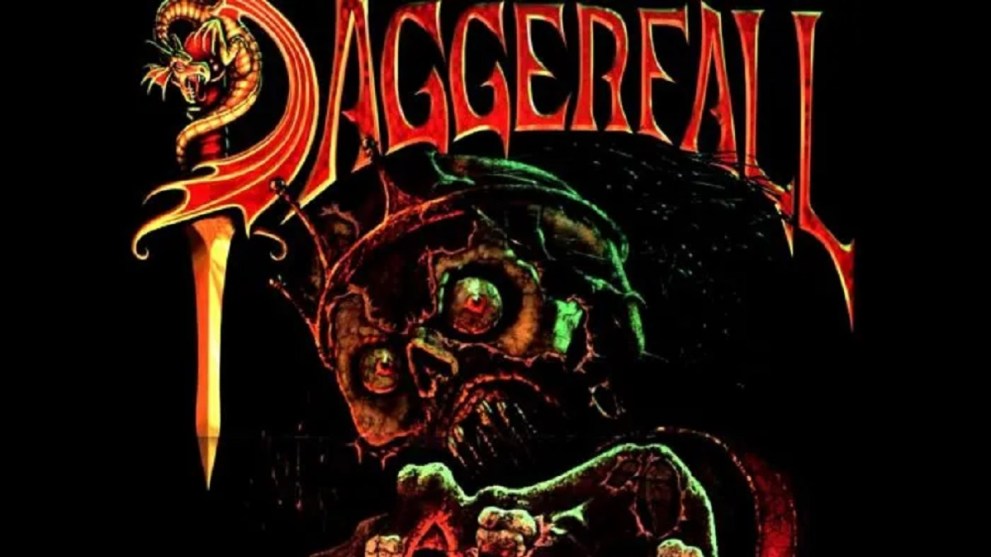
With Battlespire and Redguard in the past, Daggerfall would be the first solid entry in the series since Arena, one that didn’t come with glaring issues. The most heinous mistake Daggerfall commits is being outdated.
It took a lot of what made Arena, the first game in the franchise, great and opened it up by dropping players into a huge map surpassing anything that came before it. And when we say huge, we mean the size of a small country (just over 60,000 square miles). Unfortunately, that scale is also the reason why the game doesn’t fare so well against its kin.
Daggerfall is simply too large; walking across vast expanses of nothingness can only seem majestic for so long and it quickly wears out its welcome within the first hour. On top of that, you’ve got bugs and dated controls to deal with.
If you grit your teeth, you’ll still find a fine RPG experience, especially with its class creation. There are a lot of skills and numbers to adjust, allowing for some interesting combinations. However, that also means you’ll likely restart your journey a few times before you find a class that works best for you.
4. The Elder Scrolls Online
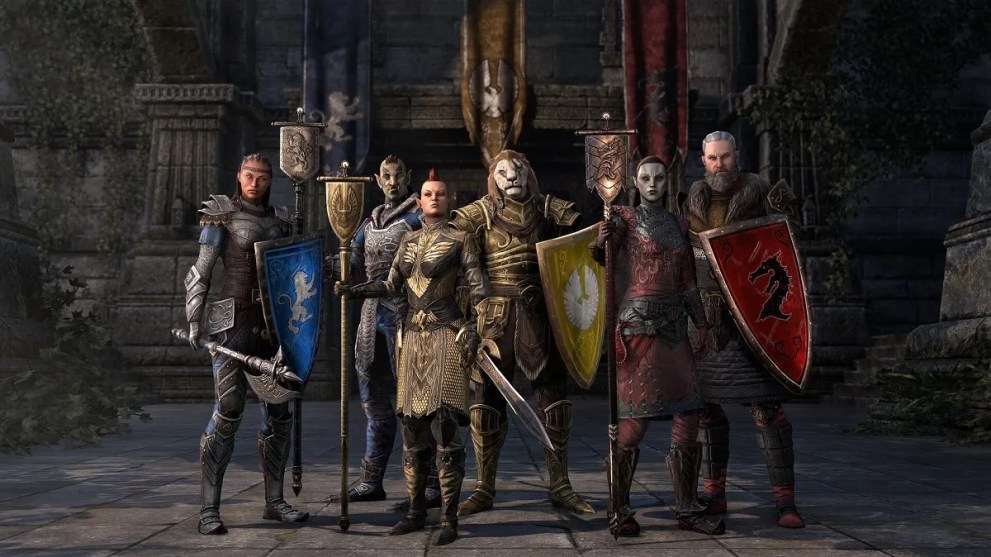
If you had asked us where The Elder Scrolls Online ranked when the game was released, we would’ve placed it near the bottom. Zenimax had some great ideas to build around and features that made the game enticing, ESO needed a lot of work before it would become a worthy entry. Thankfully, ESO was given a tighter form, adjustments were made to the gameplay loop, and the world became far more inviting and exciting to explore.
Now, seven chapters later (chapters are essentially expansions), with Necrom being the latest, players are even less restricted as they’re able to join up and participate in a variety of ways. You don’t have to pay a subscription to play, either; you just need a copy of the game!
With so much to explore, the developers have managed to make something that provides that same sense of wonder and discovery fans have come to expect while still making it work in the MMO sense. ESO is definitely an achievement worthy of recognition.
3. The Elder Scrolls IV: Oblivion
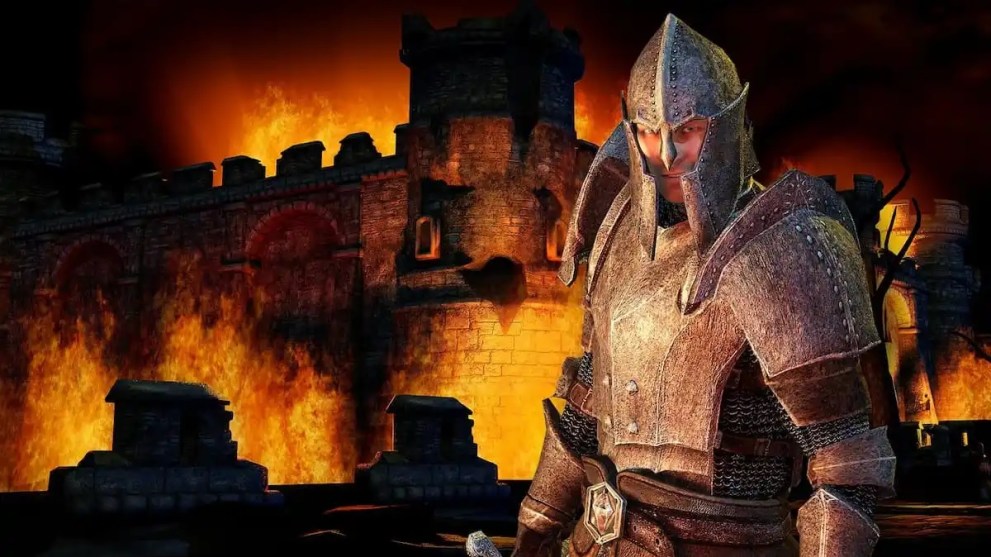
Oblivion is the second game to pit would-be adventurers against Mehrunes Dagon, the destructive Daedric prince. Thanks to some unfortunate assassinations a covenant was destroyed and now the realm of Oblivion and that of Cyrodiil are merging. This releases the Daedra, demonic beings hellbent on destroying everything in their path. That sounds like it would be everything a fan could hope for, except it just felt a little lacking.
Oblivion definitely improved on a few things put forth by its predecessor, Morrowind, yet it managed to lose a bit of its charm along the way. Exploits helped to sap away most of the challenge, and not everything was fully thought out.
What Oblivion did bring to the table, however, was possibly the best expansion in the entire franchise, Shivering Isles. It did work a lot of new elements into the experience, improving upon the base game, and is why most fans remember this particular game so fondly. Unfortunately, when just looking at the games for what they are, Oblivion was a step forward that lacked the awe-inspiring magic that made Morrowind such a cherished memory.
2. The Elder Scrolls V: Skyrim
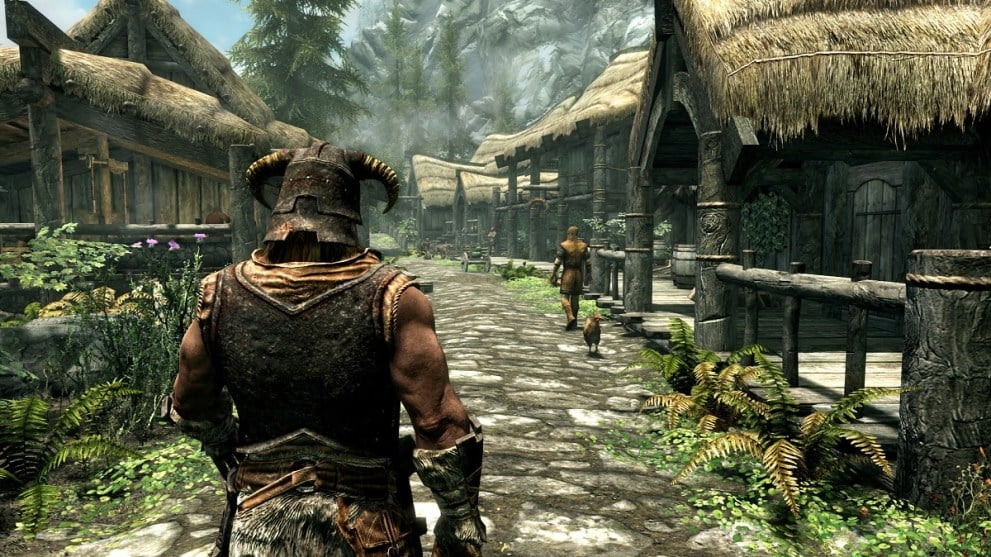
We’re not going to even lie and say we understand what the opening theme is singing about, but one thing’s for certain: it sets up the following experience extraordinarily well. Skyrim is the fifth main entry in the Elder Scrolls franchise, and normally that would mean some heavy fatigue. Yet, what you have here is a game that has taken the best parts of both its own franchise and a bit of learning from Fallout in order to captivate and immerse players in beautiful ways.
Skyrim is just as vast and interesting of a world as its predecessors, yet it manages to feel large while still maintaining life and possibility. Hundreds of roads and different locations ranging from small caves to large, stone cities create a web of opportunities for you to get lost. So many adventures are waiting for you, to push you towards vampires, werewolves, demons, monsters and, most importantly, the threat of dragons.
There’s no doubt that Bethesda created one of the most perfect adventures with Skyrim, and the systems that are put in place gel really well. Combat is especially good, drastically improved over Oblivion. You don’t feel so damn floaty and you’re far more grounded. This goes for any combat specialization you choose to follow, from daggers to magic.
1. The Elder Scrolls III: Morrowind
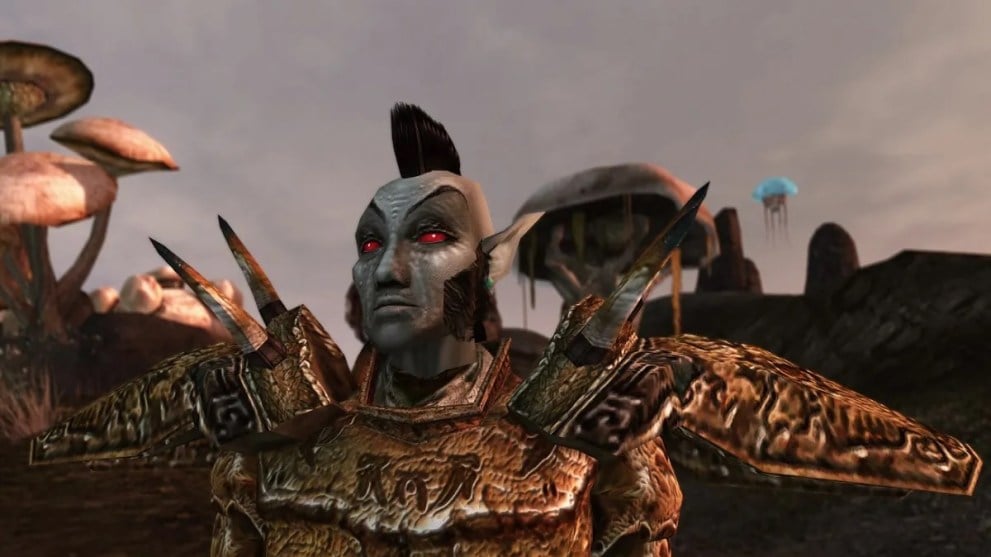
Compared to the rest of the franchise, Morrowind is something entirely unique. Is it janky? It wouldn’t be a Bethesda game without any. Is it outdated? Graphically, yes, but there’s a reason Morrowind is held in such high regard and it has everything to do with its roleplaying mechanics.
You see, Morrowind is all about class fantasy and immersion. If you choose to play, say, a magic user, the game is designed to hold you accountable to that decision. In Skyrim, for example, you can focus your talents on archery, but you have to make a conscious effort to stick with that choice. Nothing’s stopping you from wielding a two-handed weapon all of a sudden and doing well, despite spending the first 40 hours as an archer. What you’re left with is every playthrough in Skyrim feeling rather samey.
Another aspect Morrowind nails is its world. It’s large, but dense; you won’t have to run very far before reaching another structure, town, dungeon, or point of interest. All the while you pass strange creatures and bizarre plants. Vvardenfell has by far the most alien and fascinating landscape to date, not to mention some wonderfully written worldbuilding, dialogue, and lore to go with it.
What’s arguably the best part of Morrowind is that it gives you complete agency over the game, a feature that’s been lost in later entries. You can break the game if you want. Seriously! Morrowind is fine with you killing quest givers and important NPCs (even the god Vivec himself), as long as you’re cool with persisting in the “doomed world you have created,” as the game explains.
That’s the last of the Elder Scrolls games, so where would you have ranked them? Let us know in the comments!

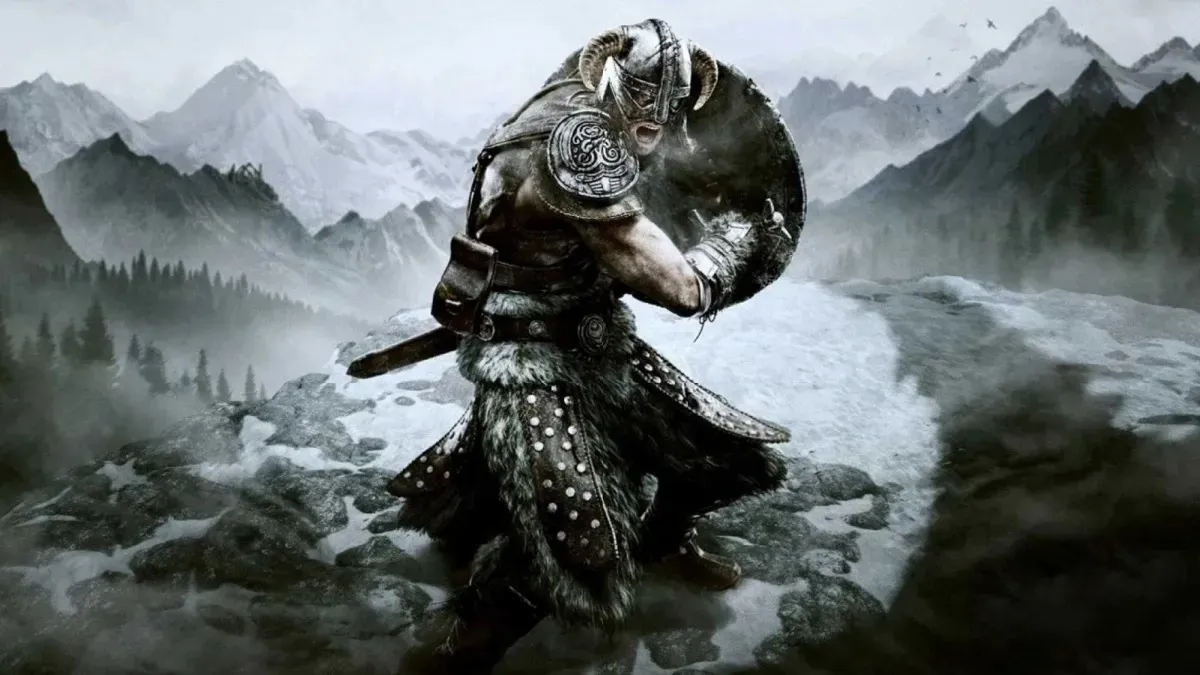

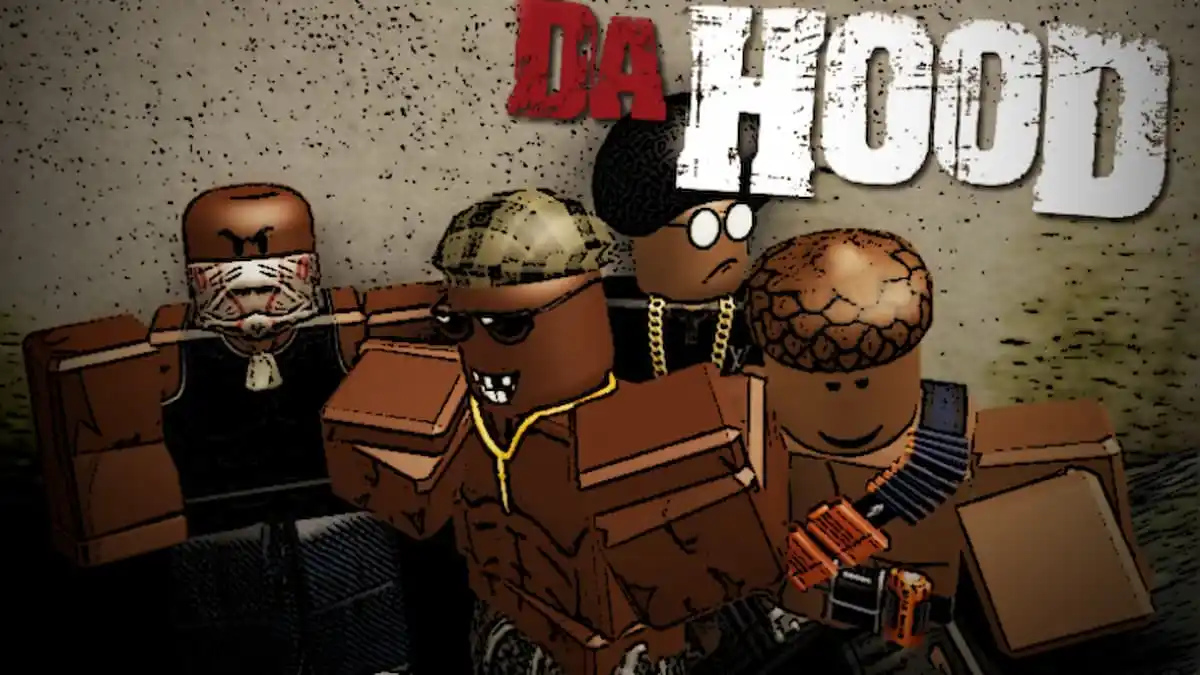

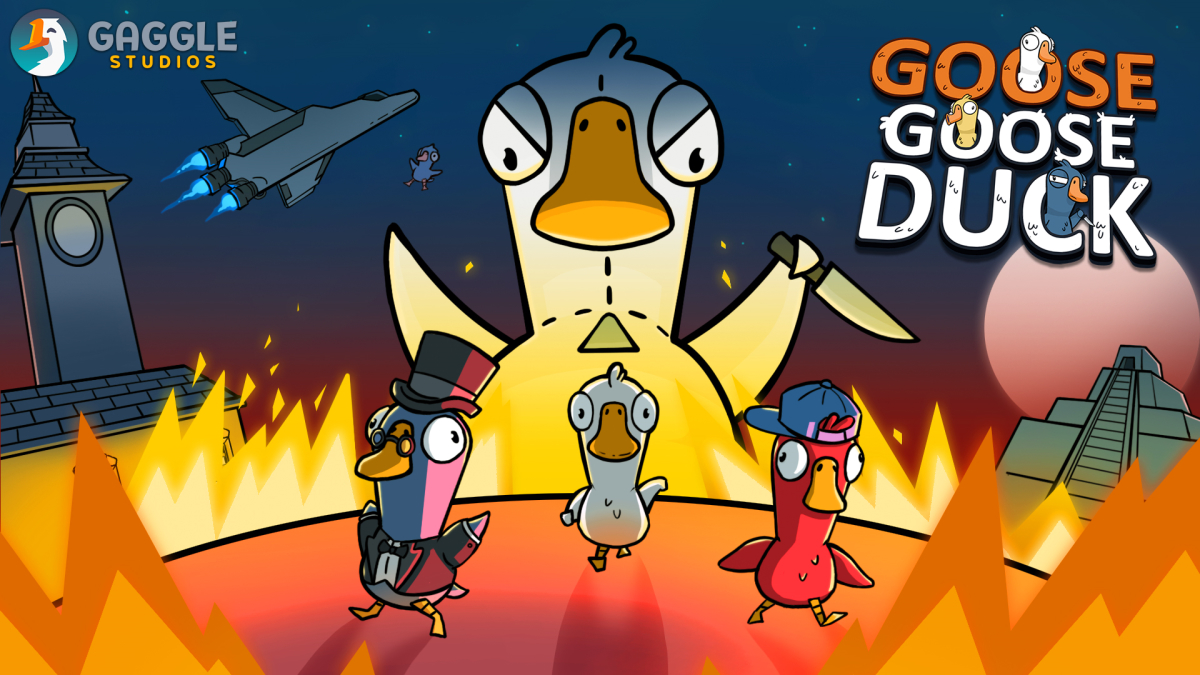
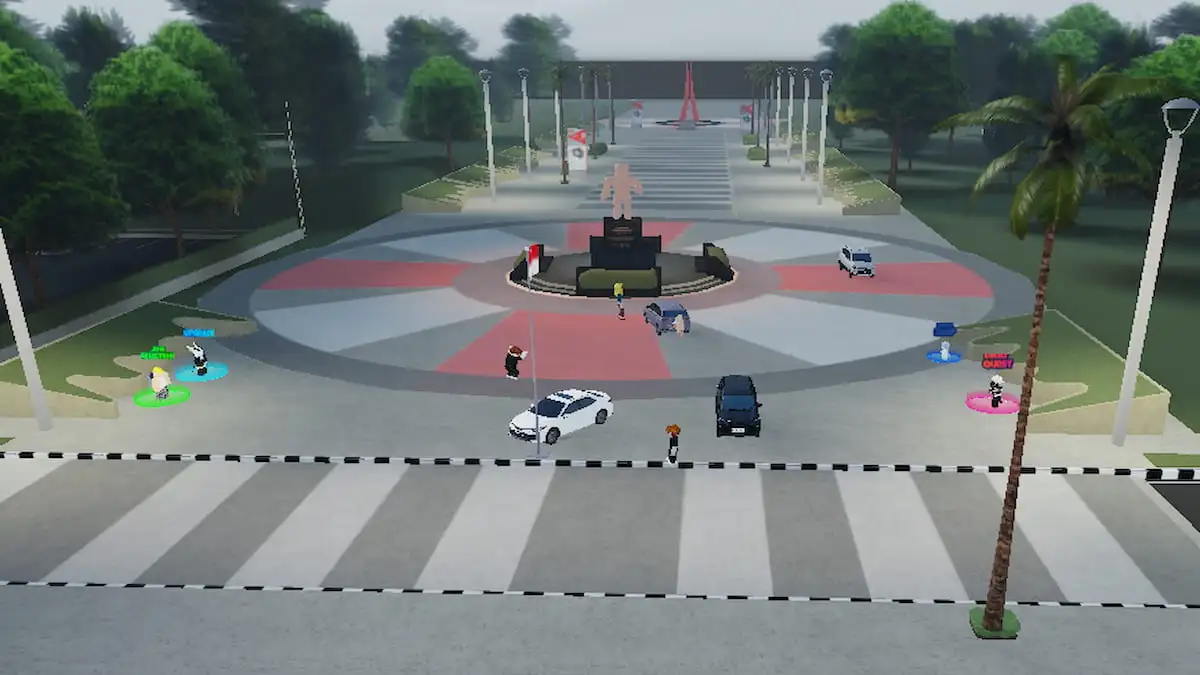

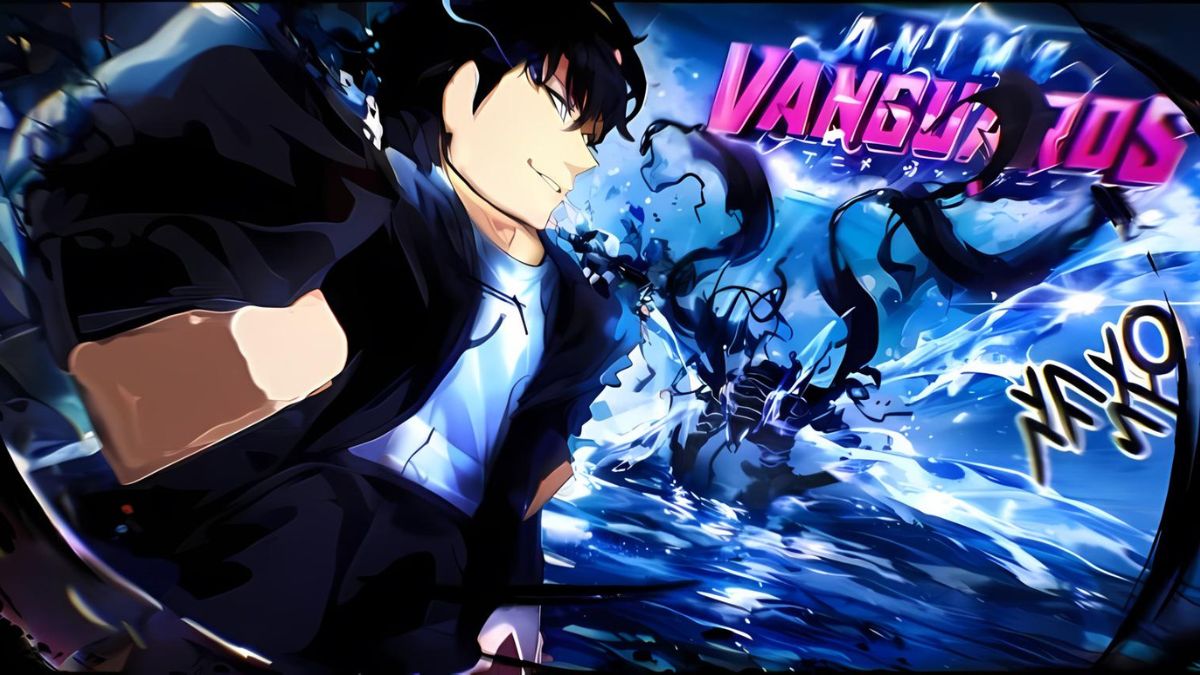

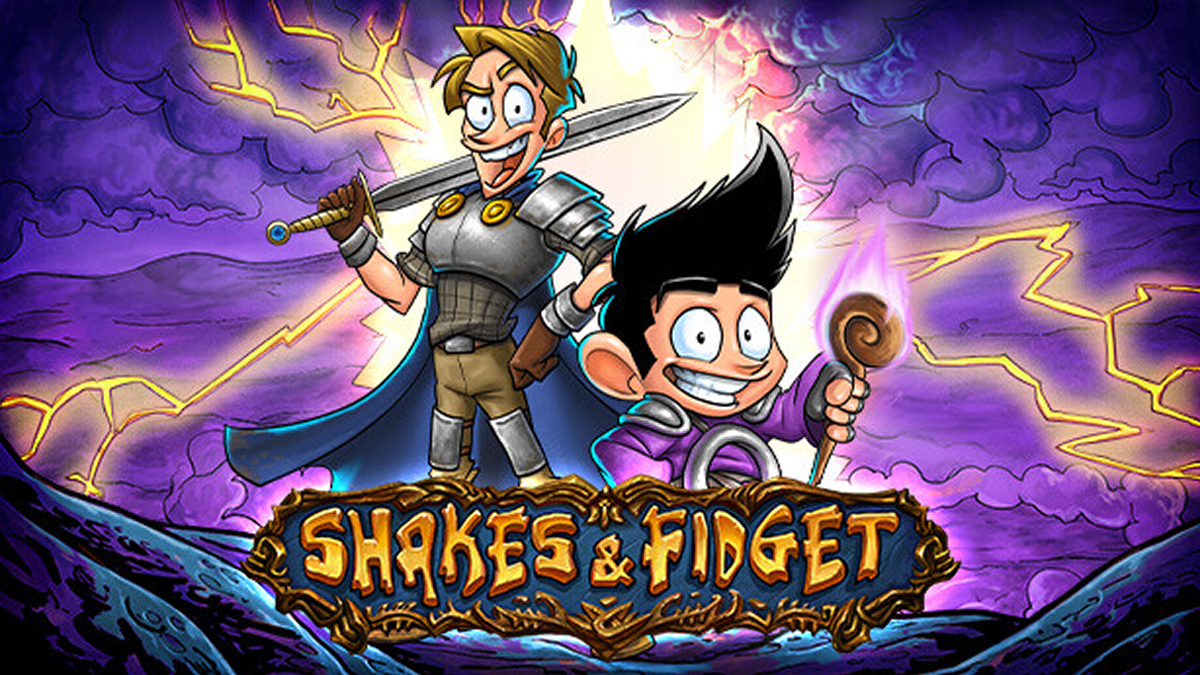


Updated: Sep 1, 2023 12:41 am